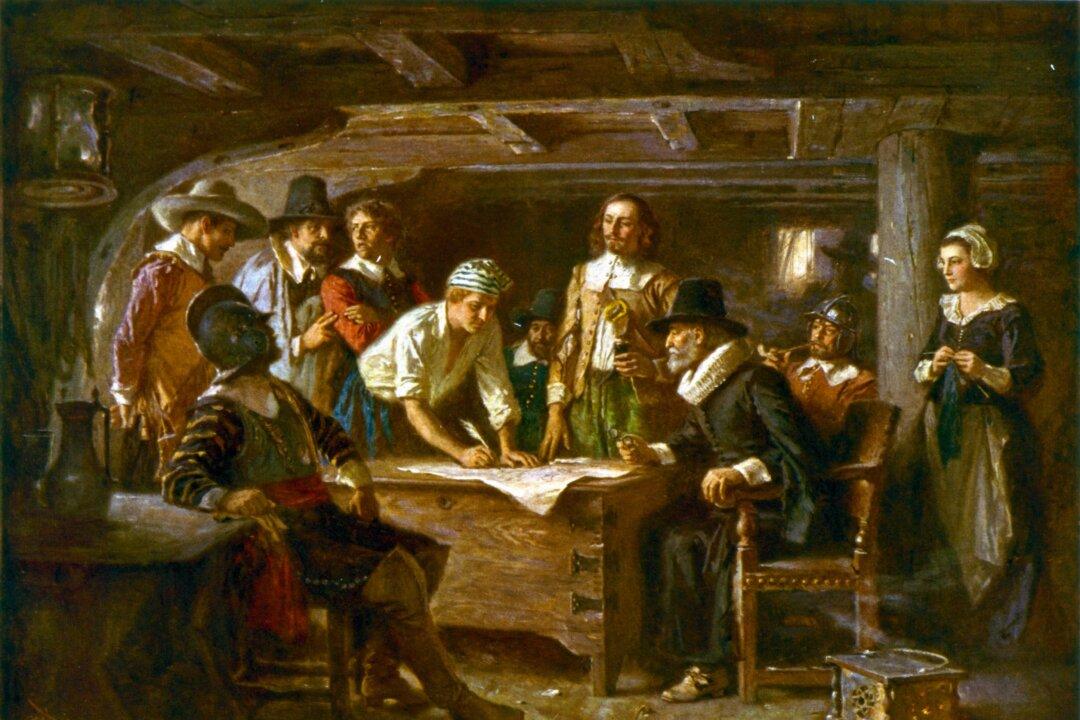Commentary
America is a nation of joiners. When the French aristocrat and political philosopher Alexis de Tocqueville visited America in the early 1830s, he was astonished at all the ways Americans associated.

America is a nation of joiners. When the French aristocrat and political philosopher Alexis de Tocqueville visited America in the early 1830s, he was astonished at all the ways Americans associated.